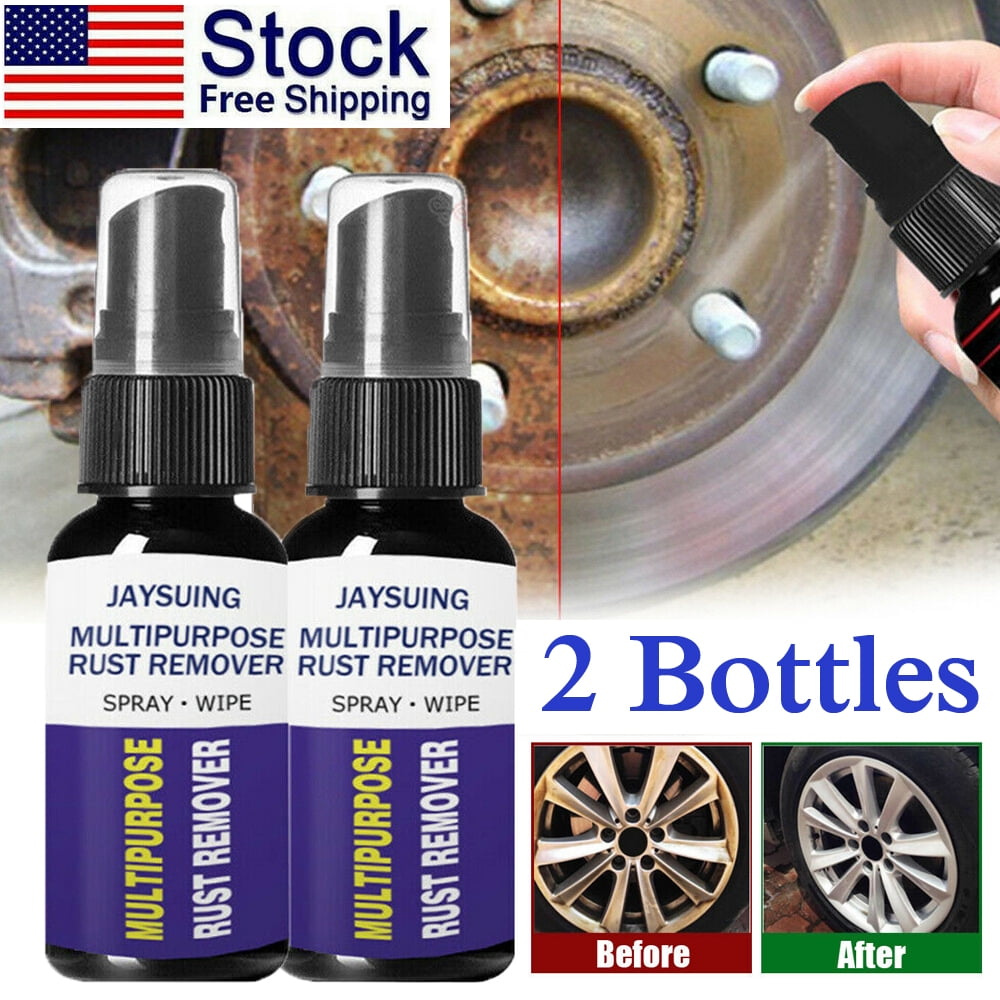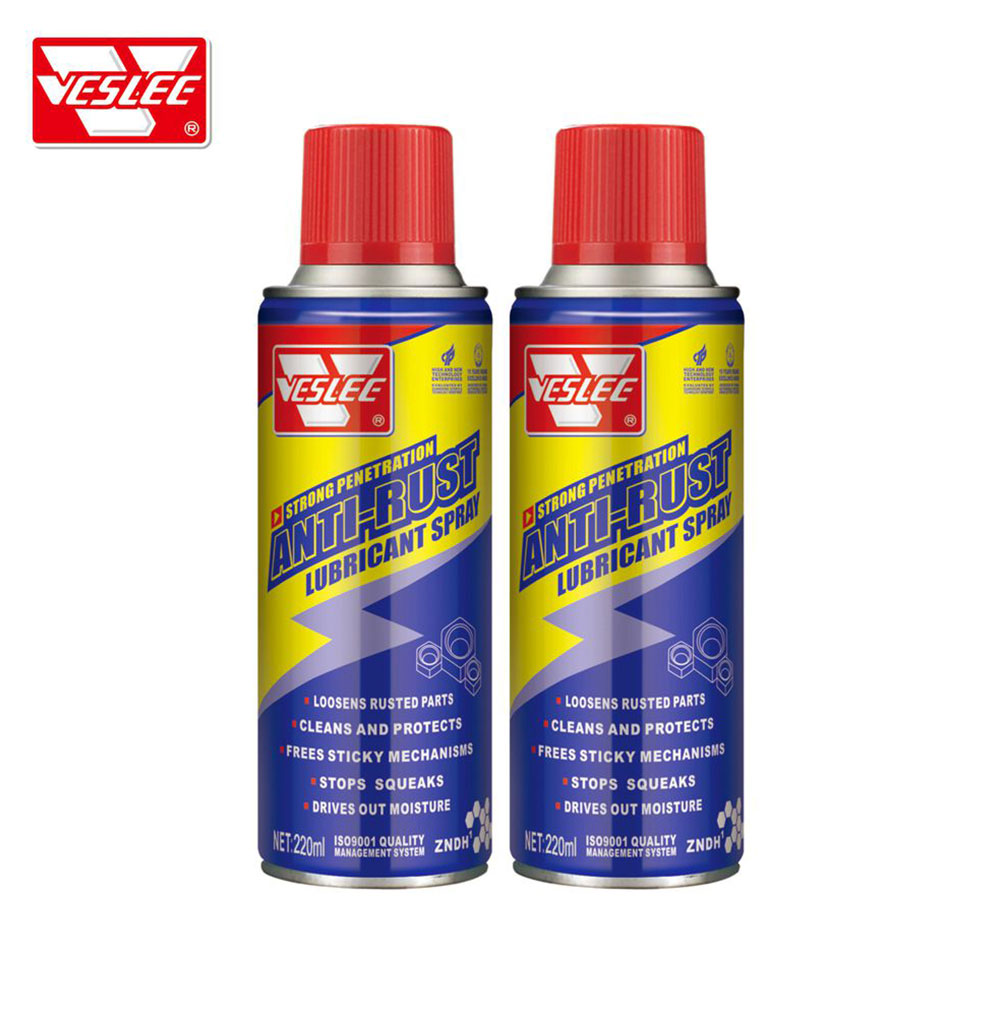

Thicker rust prevention spray tends to be more heavy-duty. Thinner rust prevention spray tends to be oil-based and is generally meant for use in areas that are protected from the elements. The viscosity of rust prevention spray can be thin or thick, and you should be aware of the differences between the extremes.
#Best rust remover spray for cars Patch#
Once dry, this patch can be primed and painted.īestReviews Home Improvement and DIY Expert Spray thickness There, it forms a dark patch that stops the oxidation process. Like rust remover, it is also sprayed directly onto the rust. Rust converter: Another type of spray you can use after rust has formed is rust converter. Once it has bonded, both the rust and the spray can be washed off with soapy water. Rust remover is sprayed directly onto the rusting surface, where it binds to the rust. A common method of dealing with existing rust is rust remover. Rust remover: If you’re already experiencing rust, you need a different type of rust prevention spray. Primer is also used to prevent rust from forming. Rust primer: Rust primer is used as a base coat and helps bind paint to a surface.

This type of rust prevention spray is particularly useful in humid climates. Inhibitors prevent surface rust from forming by slowing the oxidation process. Rust inhibitor: If you seek to ward off rust before it even starts, try a rust inhibitor. Common types of spray include the following. Some are used together to treat rust, and some contain a mix of rust fighters. When selecting a rust prevention spray, you will actually be choosing from a variety of different product types. Spray a small area first to verify that the spray will work the way you want it to. If you’re new to this, don’t jump into a big project right away.


 0 kommentar(er)
0 kommentar(er)
